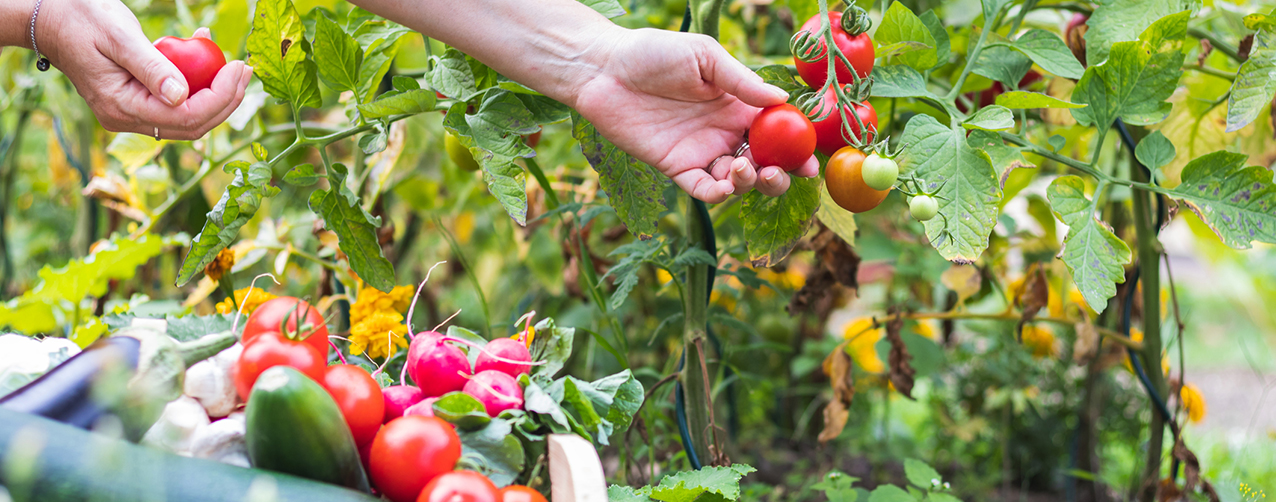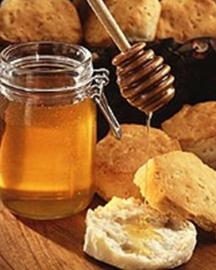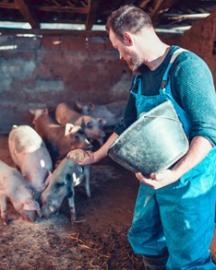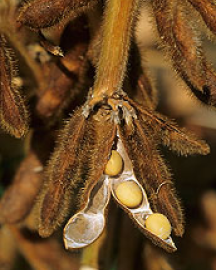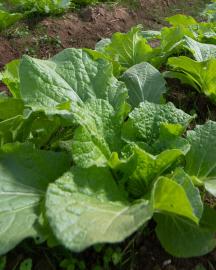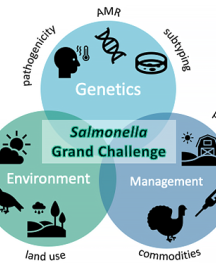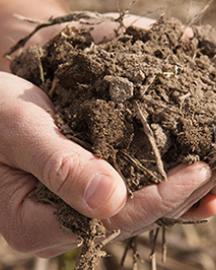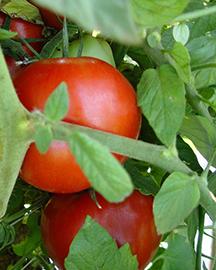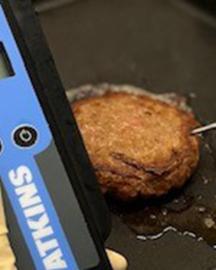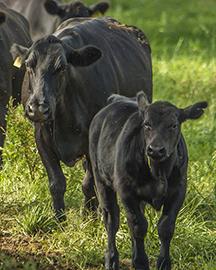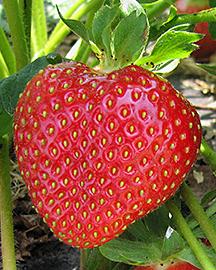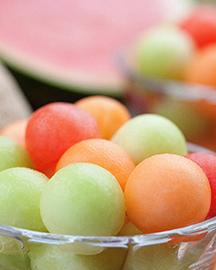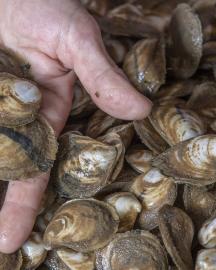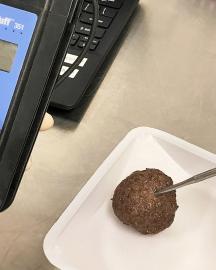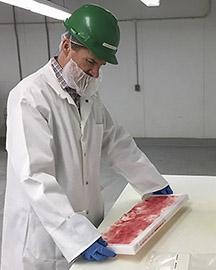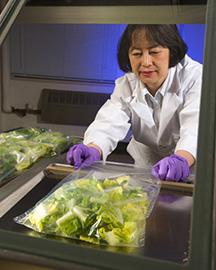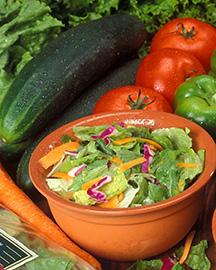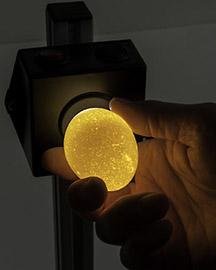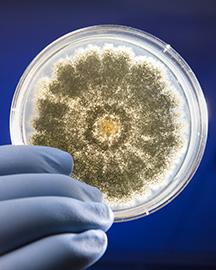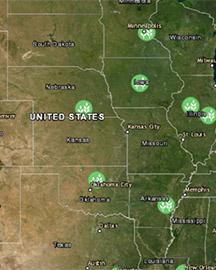ARS scientists are examining how honey can benefit gut health and help resist foodborne illnesses.
Food Safety
* Image courtesy of Getty Images
ARS Research Helps Keep Food Safe To Eat
The U.S. system for producing, processing, and distributing food is complex and extensive, and food can become contaminated in a variety of ways. Our food supply must be protected from pathogens, toxins, and chemicals that can harm us. ARS’s food safety program looks for ways to assess and control potentially harmful food contaminants. ARS conducts research and provides scientific information and technology to producers, manufacturers, regulatory agencies, and consumers to support their efforts to provide a secure, affordable, and safe supply of food, fiber, and industrial products. Here are just a few examples of the research that benefits you, the consumer.
ARS confirms effectiveness of pork industry’s Trichinella parasite mitigation practices.
ARS scientists examine a new pork and beef decontamination method.
ARS researchers are protecting soybean farmers’ crop yields using natural pest-killing fungi.
ARS researchers developed a weather data model to predict EcO157 contamination trends in lettuce.
USDA is launching a "Grand Challenge" initiative to combat salmonella poisoning.
Scientists at ARS's Eastern Regional Research Center in PA have identified a method to improve the safety of ready-to-eat foods while minimizing quality losses.
Researchers here developed a dual-detection biosensor that is portable, enabling on-site testing of samples for mercury.
ARS researchers are breeding new lines of tomatoes that are resistant to anthracnose disease which causes tomato fruit rot.
Guidelines for properly cooking meats are well documented, but what about for plant-based products?
ARS researchers are using puled light as part of their approach toward combating food pathogens and diseases.
ARS scientists developed a series of algorithms capable of effectively predicting the prevalence of Salmonella.
ARS scientists researched whether raising beef cattle without antibiotics would reduce antimicrobial resistance levels. Learn what they discovered.
Learn how ARS researchers are turning to the sun to help fight a strawberry fungus.
Consumers aren’t likely to clean their cantaloupes with a steam cleaner, but an ARS scientist did just that. Find out why.
ARS study shows safest ways to cook meatballs to minimize health risks from Escherichia coli.
ARS scientists developed a new system for testing beef during processing.
ARS researchers are keeping bagged leafy greens safe and nutritious for your consumption.
Learn how ARS researchers are working to keep food safe to eat.
Did you know the way eggs are stored depends on where they’re produced?
ARS scientists are developing innovative methods to accurately detect mold contamination in crops and food.
Use our interactive map to find out what revolutionary research is being conducted in your state.



